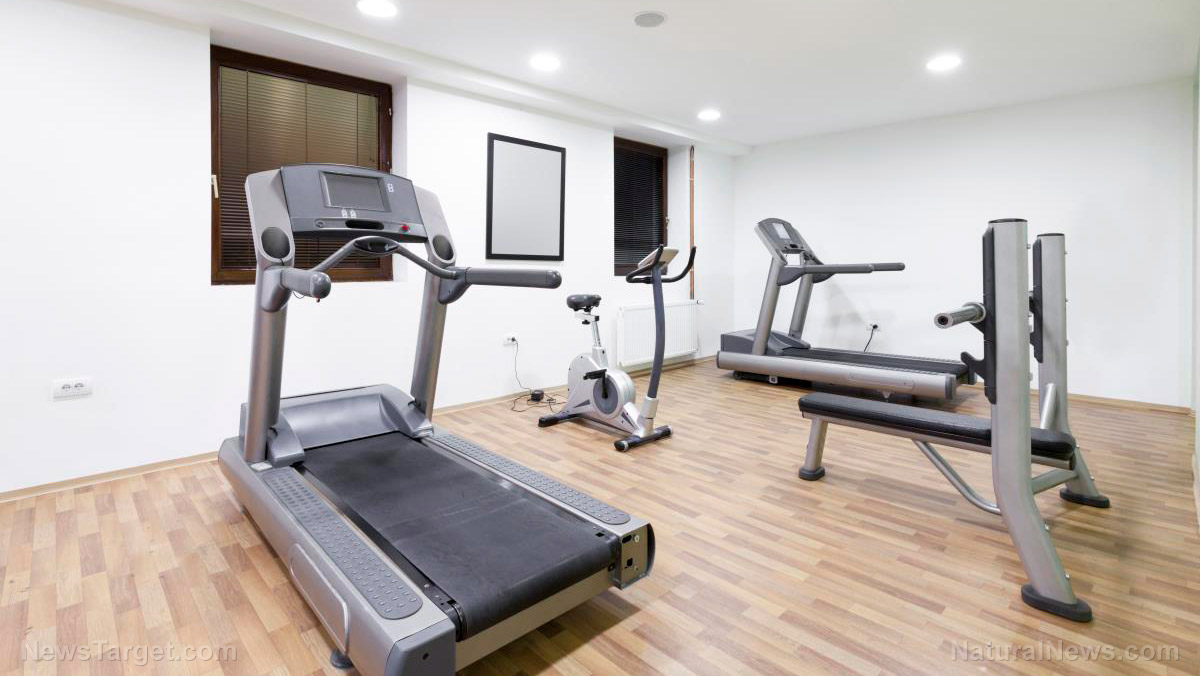In the study, which included Dutch, English, and American respondents, the authors found that most people can't accurately measure their level of physical activity. In particular, respondents from America think that they're as active as their European counterparts, and older people believe that they have the same level of activity as young people. However, the results present a stark difference between perception and reality – those from the U.S. overestimate their activity levels the most, and older people are less active than the young.
For lead author Arie Kapteyn of the University of Southern California (USC), the differences in how people perceive their fitness reflect their culture and environment. "It means people in different countries or at different age groups can have vastly different interpretations of the same survey questions," added Kapteyn, the executive director of the Center for Economic and Social Research at the USC Dornsife College of Letters, Arts and Sciences. Most Americans, for instance, rely heavily on cars, while the Dutch usually walk or ride bicycles to get to work or run errands.
A difference in perception
The study – which involved 540 respondents from the U.S., 748 people from the Netherlands, and 248 from England – used a two-pronged approach to tackle the issue. The participants first reported their perceived level of activity in a week using a five-point scale, where answers range from inactive to very active. In addition, researchers measured their actual level of activity using a fitness-tracking device on the respondent's wrist.
After a week, researchers discovered that respondents from all three countries have overestimated how active they were at some point, even if average estimates remain the same. In particular, those from the Netherlands and England believe they have a "moderately active" lifestyle. Participants from the U.S., on the other hand, swing heavily on the extremes, with reports indicating that they were "very active" or "very inactive."
The results from the accelerometer monitoring, however, indicated that people in the U.S. are less physically active than those from the other two countries.
Older people also overreported their level of physical activity: 60 percent of older participants in the U.S. have a more inactive lifestyle than what they initially reported, with 42 percent among the Dutch, and 32 percent of participants from the U.K. having similar results. "Individuals in different age groups simply have different standards of what it means to be physically active," Kapteyn explained of the results. "They adjust their standards based on their circumstances, including their age."
The gaps between self-reported data and data from a wearable device highlight a gap in measuring fitness levels. Self-evaluations tend to be inaccurate, Kapteyn added, since they can be interpreted differently by people, depending on their age group and geographic region.
"With the wide availability of low-cost activity tracking devices, we have the potential to make future studies more reliable," she added.
A great idea, but largely inaccurate
However, there's something to be said about using a fitness tracker to measure a person's level of physical activity. In a separate study in the Journal of Personalized Medicine, researchers from Stanford University concluded that while these devices were made to help track their calories, the numbers they report were often "markedly incorrect." Depending on the device, the margin of error can be anywhere from 27 percent to even 93 percent.
These errors can translate to real-life problems. For example, a person who checked their device and learned that they burned 1,000 calories – when they, in reality, burned only 730 – may opt to eat more, since he may think he's reached his goal. Over time, these extra calories add up and can potentially lead to extra calories that the person doesn't know about.
Surprisingly, the main culprit in this inaccuracy is a difference in each users' body compositions. According to study co-author Anna Shcherbina, "It's very hard to train an algorithm that would be accurate across a wide variety of people because energy expenditure is variable based on someone's fitness level, height, and weight, etc."
The study, however, wasn't all damning for fitness trackers. The authors of the study found that heart rate measurements were "better than expected," with most trackers having a margin of error that's less than five percent.
Currently, fitness trackers are setting themselves up to be the benchmark of measuring physical activity, with claims that they will "track steps, distance, calories burned, floors climbed, active minutes, and hourly activity," among others. However, at the end of the day, relying on these devices instead of your own body to dictate your physical activity could lead to deleterious consequences.
That isn't to say that these devices are useless. Far from it: Using it as a tool to help you reach your fitness goals – while sticking to a healthy diet and regular exercise – could very well be the push you need to achieve the level of fitness you've always wanted.
For more tips and hacks on getting that fit and healthy body, follow Slender.news today.
Sources include:
Please contact us for more information.























